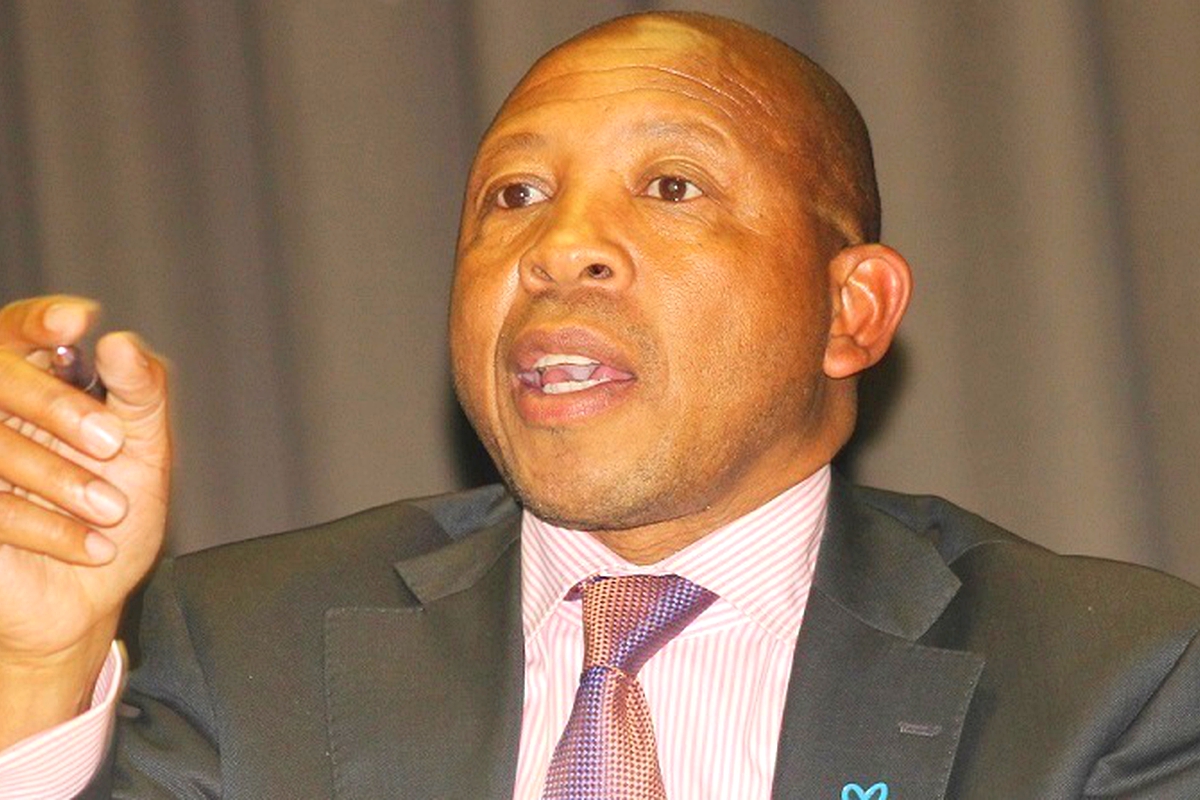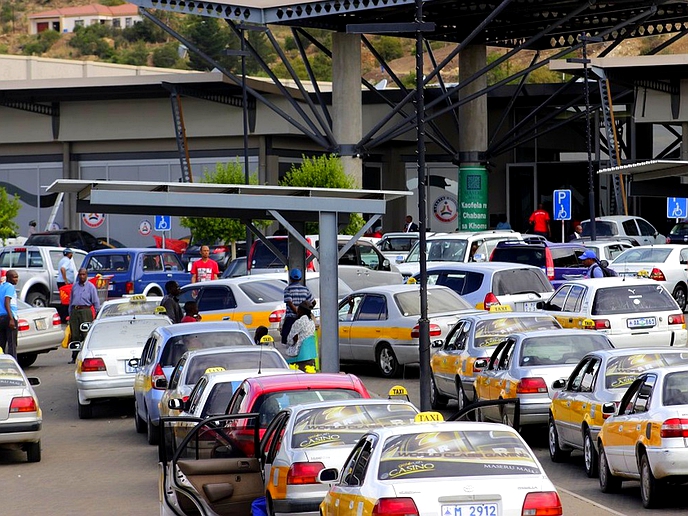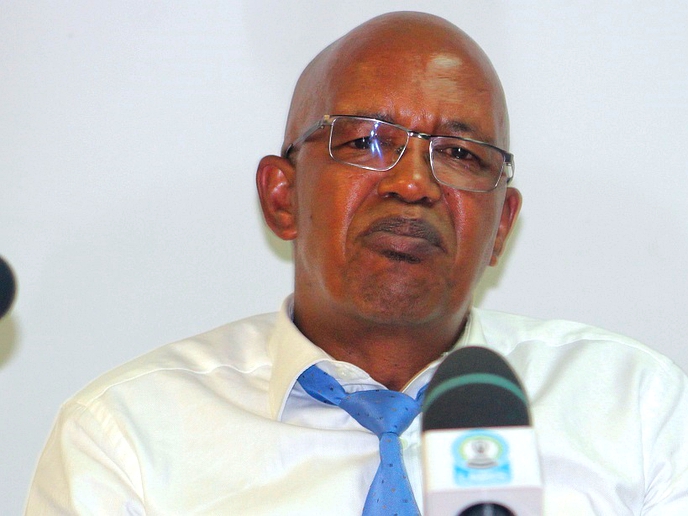POOR maize production in the past season has caught up with local farmers as they are failing to meet the demand required by the government to assist the COVID-19 hit population in Lesotho.
business
March 2, 2021
NEO SENOKO
2 min read
Govt bemoans low maize production

Prime Minister Dr Moeketsi Majoro
The major food security crisis has partly been pinned on the El-nino- induced drought, coupled with unpredictable weather conditions in recent years.
More than 500 000 people in Lesotho are food insecure according to the World Food Program (WFP).
Prime Minister Dr Moeketsi Majoro has said while the government is committed to buying crops such as maize and beans from local farmers to mitigate the impact of the pandemic, there have been notable shortages in the availability of maize.
“The government is buying from local farmers and so far there has been a shortage in the availability of maize. But as we continue, I would like to encourage more farmers to produce in large quantities. Purchases of maize and beans from local farmers continue in order to proceed to the second phase of this programme,” he said.
Maize is the staple diet in Lesotho, but according to WFP findings, only 9 percent of the country’s total landmass is suitable for cultivation. Many poor rural households lack access to agricultural land while those who do own land lack resources to maximize production.
Since the advent of the COVID-19 pandemic, the government initiated the food distribution package programme through the Food Management Unit (FMU).
With a fund of M15 000 000 released from the government, food packages comprising 12.5kg of mealie meal and 5kg of beans have reached 19 252 recipients across all districts in the country during the first phase of the initiative.
Purchases of these food (maize and beans) was done specifically from local farmers, with the total sum of payment to Basotho farmers amounting to M4 158 785.15 to date.
Enjoy our daily newsletter from today
Access exclusive newsletters, along with previews of new media releases.
Payment to 12 farmers amounting to M208 816.40 is still in progress. Total payments made from this fund sum up to M5 950 826.82 with a total of M458 296.15 committed.
The Prime Minister emphasised that the government will continue buying from local farmers, adding that Basotho should get used to producing in large quantities.
Availability of food for majority of households has always been a challenge in the country, but the pandemic has exacerbated the situation to an extent that people desperately need food assistance.
In addition to the aid provided by the government, in November last year, WFP and the People’s Republic of China also contributed with food assistance to a total of 36 000 vulnerable people.
Tailored for you






